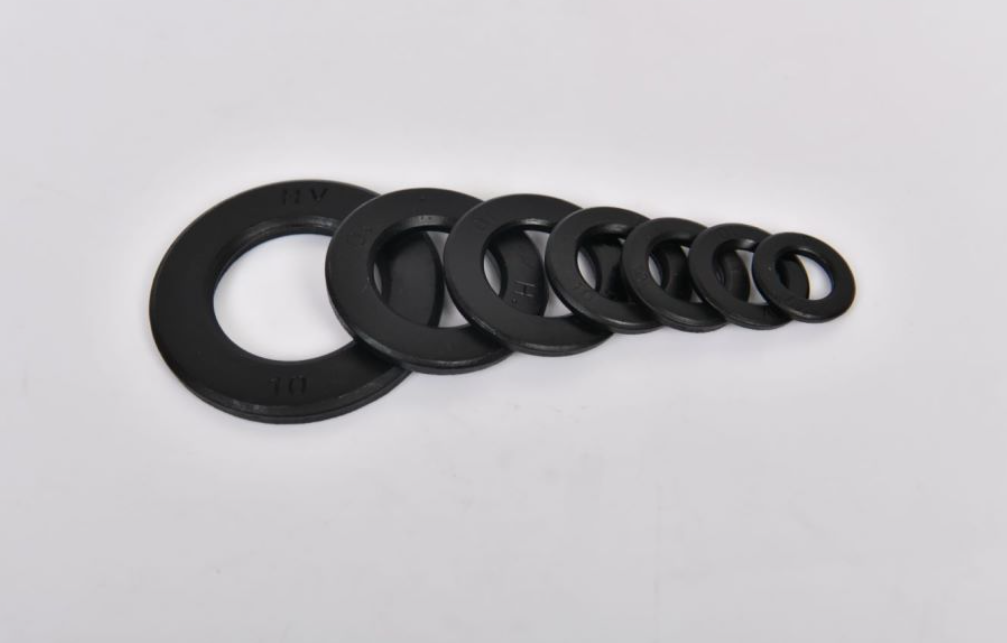#12 self tapping screw diameter products
Understanding 12 Self-Tapping Screw Diameter Products
When it comes to construction and repair tasks, choosing the right fasteners is paramount. Among various types of screws available on the market, 12 self-tapping screws are highly regarded for their strength and versatility. In this article, we will delve into the characteristics of 12 self-tapping screws, their diameter specifications, and applications to help you make informed decisions in your projects.
What is a Self-Tapping Screw?
Self-tapping screws are designed to create their own hole in the material they are being driven into. Unlike conventional screws that require a pre-drilled hole, self-tapping screws can penetrate materials such as wood, metal, plastic, or composites with ease. This feature not only saves time during installation but also contributes to a more secure and robust fastening solution.
The 12 Designation
The designation of a screw is often determined by its size and threading. In the case of 12 self-tapping screws, the number signifies the screw's diameter. Specifically, a 12 screw has a major diameter of approximately 0.216 inches (5.5 mm). This size makes it suitable for a wide array of applications, ranging from light-duty tasks to heavy-duty projects.
Diameter and Thread Specifications
The diameter of self-tapping screws plays a crucial role in their performance and suitability for various materials. Typically, 12 self-tapping screws have a coarse thread, which improves the screw's grip in softer materials such as wood. The coarse threading helps distribute the load and provides greater holding power, making it ideal for securing joints and fastening components.
Material and Coatings
#12 self tapping screw diameter products

12 self-tapping screws are manufactured from various materials, with steel, stainless steel, and brass being the most common. The choice of material affects not only the strength of the screw but also its resistance to corrosion. For instance, stainless steel screws offer enhanced durability in outdoor applications or environments exposed to moisture. Additionally, screws can come with coatings such as zinc plating to further improve their corrosion resistance.
Applications of 12 Self-Tapping Screws
The versatility of 12 self-tapping screws makes them suitable for numerous applications. Some common uses include
1. Construction and Framing Builders frequently use self-tapping screws for attaching drywall, plywood, and metal studs. Their ability to create secure joints makes them a preferred choice for structural applications.
2. Automotive Industry In automotive manufacturing and repair, 12 self-tapping screws are used to assemble components, such as securing panels, bumpers, and various fixtures within the vehicle.
3. Electronics and Appliances These screws are widely used in the assembly of electronic devices and household appliances due to their ease of use and reliable fastening capabilities.
4. Outdoor Projects When it comes to outdoor furniture or fixtures, using corrosion-resistant 12 self-tapping screws ensures longevity and durability against weather elements.
Conclusion
When selecting fasteners for your next project, understanding the specifications and applications of 12 self-tapping screws is essential. Their diameter, threading, and material options provide a range of benefits that cater to diverse needs in construction, automotive, electronics, and outdoor applications. By selecting the right type of screw, you can ensure strong, reliable connections that contribute to the overall success of your projects. Always consider the specific requirements of your application, including the type of material and environmental conditions, to choose the most suitable 12 self-tapping screw.
-
Top Choices for Plasterboard FixingNewsDec.26,2024
-
The Versatility of Specialty WashersNewsDec.26,2024
-
Secure Your ProjectsNewsDec.26,2024
-
Essential Screws for Chipboard Flooring ProjectsNewsDec.26,2024
-
Choosing the Right Drywall ScrewsNewsDec.26,2024
-
Black Phosphate Screws for Superior PerformanceNewsDec.26,2024
-
The Versatile Choice of Nylon Flat Washers for Your NeedsNewsDec.18,2024










